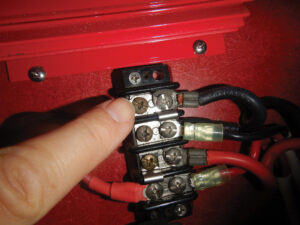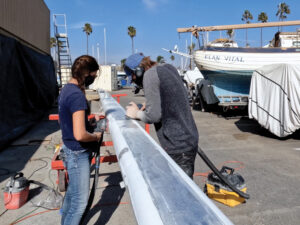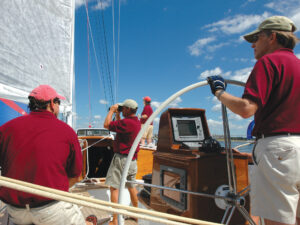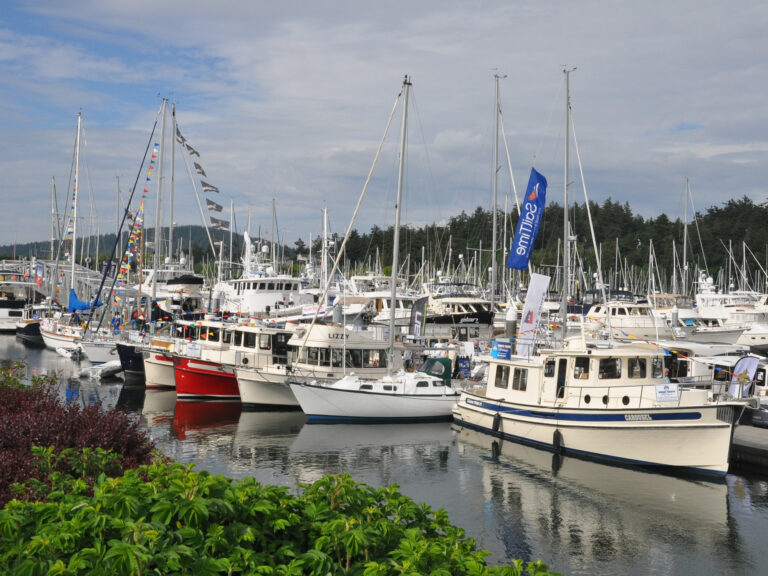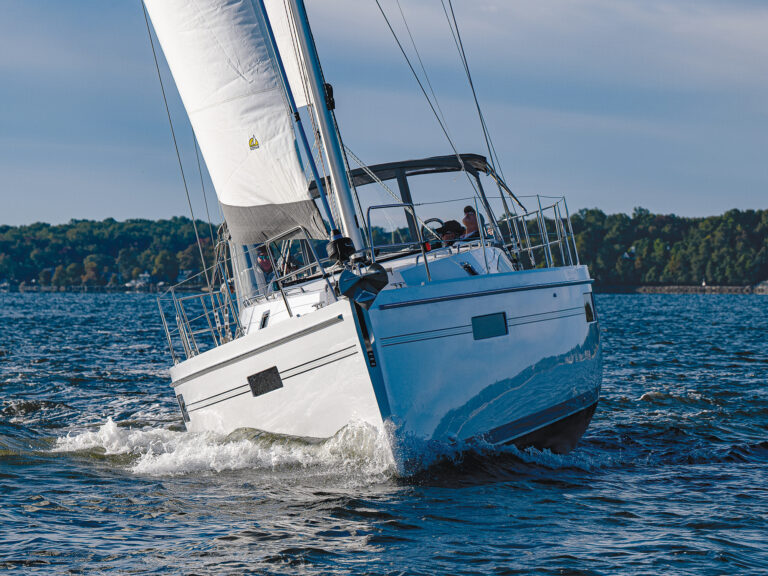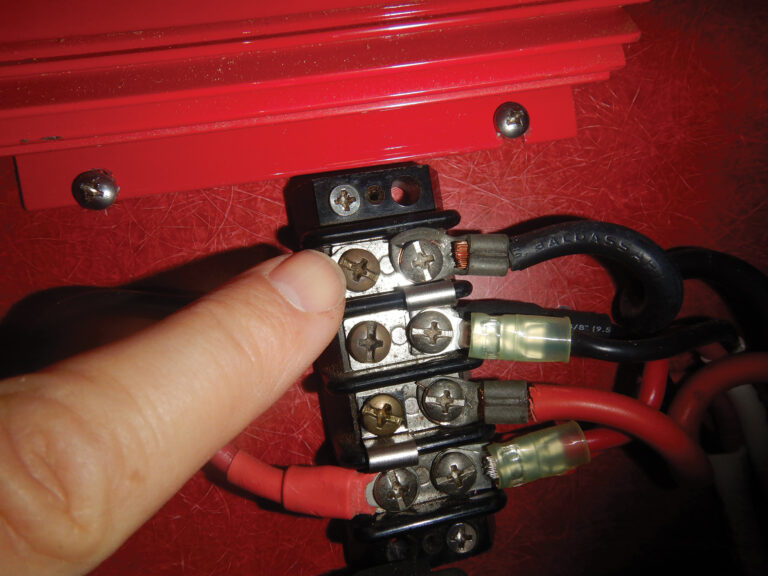
Lake of the Ozarks
July has brought tragic reminders of electrical hazards that can happen around boats and boat docks. Just this past weekend, 26-year-old Jennifer Lankford was swimming with family in the Lake of the Ozarks. She was electrocuted when she touched a dock that is believed to have had faulty wiring. Also at Lake of the Ozarks, a 13-year-old girl and her 8-year-old brother received fatal electrical shocks while swimming near a dock. In Tennessee, two boys, ages 10 and 11, lost their lives as a result of receiving an electrical shock while swimming between house boats on Cherokee Lake in Tennessee.
“Make sure that the dock area is safe. This means making sure electrical connections are properly installed and safely maintained,” adds Molly Hall, executive director of the Safe Electricity program. “Your loved ones’ lives just might depend on it.” Even if you are just renting the dock, it is important that you notify the dock owner of any safety violations so that they can be fixed immediately.
Wet environments are particularly dangerous when it comes to electricity. While regulations might vary by location, the Centers for Disease Control and Prevention (CDC) states that electricity-related drowning can be prevented by regular inspections for ground-fault failure and by strict enforcement of the National Electric Code through frequent inspections of pools and docks.
An important step to ensure safety around boat docks and swimming pools is to include ground fault circuit interrupter (GFCI) protection. Make sure the GFCI is professionally installed to prevent shock, electrocution, and injury. Safe Electricity urges boat owners to have dockside electrical systems installed by professional electricians guided by National Electric Code and to have these systems inspected regularly to avoid tragedy. Boat wiring should be in compliance with American Boat and Yacht Council (ABYC) standards.
Safe Electricity urges all swimmers that if you feel a tingle, avoid metal ladders and objects, and get out of the water as soon as possible – the best and quickest way you can.
THE AMERICAN BOAT AND YACHT COUNCIL RESPONDS TO ELECTRIC SHOCK DROWNING INCIDENTS
The American Boat and Yacht Council (ABYC) is offering information regarding safety, standards and legislation in response to the recent electric shock drowning incidents.
The ABYC has been aware of and taken steps to mitigate electric shock drowning incidents since 2008. The United States Coast Guard sponsored grants to ensure ABYC’s electrical document “E-11 AC & DC Electrical Systems On-Board Boats – 2008” included an “Equipment Leakage Circuit Interrupter” device. This “interrupter” is similar in function to ground-fault outlets installed in homes. It responds to a potential fault by tripping the main circuit breaker and cutting power to the boat. The device will be mandatory for boats with alternating current systems beginning December 31, 2012.
Electric shock drowning is the result of a typically low level alternating current passing through the body while immersed in fresh water. The force is sufficient enough to cause skeletal muscular paralysis, rendering the victim helpless and drowning. This type of fault can happen in any natural water but becomes fatal in fresh water due to lower water conductivity. Salt water has a higher conductivity.
“An electrical fault looks for a path back to its source and in fresh water, that path can become the human body,” said John Adey, ABYC president.
Kevin Ritz, an ABYC certification instructor who lost his 8- year old son Lucas in 1999 to electric shock drowning, serves as an education advocate. Ritz created “Hot Docks, Hot Boats, and Electric Shock Drowning” webinar in 2011. Many companies use Ritz’s webinar to educate employees who work in the water.
“Education is the number one defense until we can get ground-fault protection devices in all marinas,” said Ritz. A free, live, updated webinar and Q & A with Kevin Ritz will be held Wednesday, July 18, 2012, 1:00 – 3:00 p.m. EST. Interested persons should register at https://cc.readytalk.com/r/jxqrard60e3b

